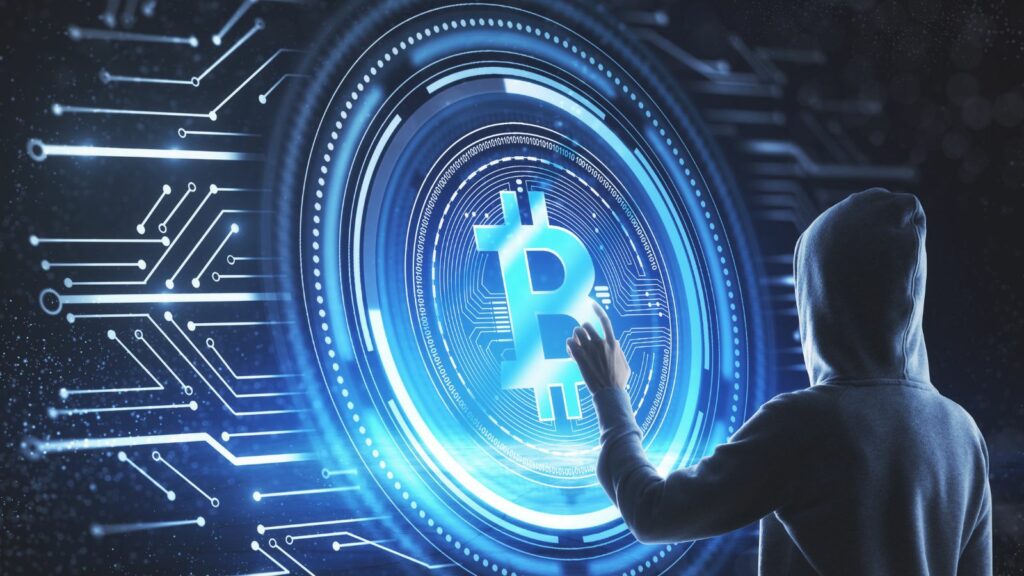
In the last few years, cryptocurrency and gaming have started to overlap more and more. This has led to new ideas like currencies inside games and online economic systems. As modern technologies keep changing different business sectors, the world of video games is proving a good place for discovering what blockchain and cryptocurrencies can do. In this text, we explore how cryptocurrency and gaming are changing. We look at new types of in-game money and online economic systems, discussing what they mean for those who play games, make them, and the overall game business.
The Rise of In-Game Currencies
Virtual money in games, commonly called tokens or coins, is a usual thing within the world of video games. Before now, this kind of currency was under the control and direction of those who made the game, which restricted how much players could exchange or move them beyond the space of that game. However, with the advent of blockchain technology and cryptocurrencies, a new paradigm has emerged.
In-game currencies based on cryptocurrency have many benefits compared to the normal ones. They are decentralized, so they live on a blockchain network and no single group can control them. This type of system gives players more control and possession over what they own in the game. They can exchange, sell, or move their digital money inside the game world as well as to other places outside it.
Virtual Economies and Player Ownership
The start of using cryptocurrency as money in video games has created strong economies inside these gaming worlds. Players in the virtual spaces can purchase, exchange, and sell things and services with this digital currency, leading to fresh chances for doing business and talking or playing together.
A major advantage of virtual economies is that players can really own what they have in the game. In normal games, player control over their items inside the game is not a lot, but if the game uses cryptocurrency systems, then players get full power to own and manage their digital things. This has resulted in the creation of active secondary markets where participants can trade virtual goods, money, and accounts for actual cash.
The Impact on Game Development
The mixing of cryptocurrency and blockchain technology in games has greatly affected how they are made. Developers look for new methods to use these technologies to make gaming more absorbing and ways to earn money from it.
For instance, various games are now integrating systems based on blockchain that let players get cryptocurrency as a reward for reaching certain goals within the game or finishing specific activities. This motivates players to stay active and at the same time opens up additional ways for developers to make money.
Moreover, the blockchain technology lets creators make special digital things called non-fungible tokens (NFTs), which show who owns certain items or characters in a game. NFTs have become well-liked for giving players real control over their online belongings and they also make it possible to trade and collect scarce and precious digital properties.
Bitcoin ATMs
In addition to the emergence of in-game currencies and virtual economies, another noteworthy development in the intersection of cryptocurrency and gaming is the installation of the Bitcoin ATM.
The presence of Bitcoin ATMs in gaming environments not only promotes cryptocurrency adoption among players but also enhances the overall gaming experience. Players can easily access and manage their cryptocurrency holdings while enjoying their favorite games, fostering a seamless integration of digital assets into the gaming ecosystem.
Challenges and Considerations
The combination of cryptocurrency with gaming has a lot of potential, but it also brings difficulties and things to think about for everyone involved in the game world. A main worry is the possibility that people might commit fraud or misuse the system in online economies. There are also unclear rules about how cryptocurrencies should be used within games.
Additionally, the unpredictable behavior of cryptocurrency markets might bring extra dangers for both gamers and game creators. Changes in cryptocurrency values can affect how much in-game money is worth and what people think virtual items are worth, causing financial instability inside online game economies.
Conclusion
To wrap up, the coming of in-game currencies based on cryptocurrency and online economies marks a major advancement for the world of gaming. Using blockchain technology and cryptocurrencies, game creators are bringing about fresh chances for players to get involved, economic transactions to happen, and ownership within virtual game spaces.
While there are still some difficulties, it is obvious that combining cryptocurrency with gaming can bring good things. As technology gets better and more people start using it, we will likely see more creative developments in this area, resulting in fresh and thrilling game experiences for players all over the globe.




